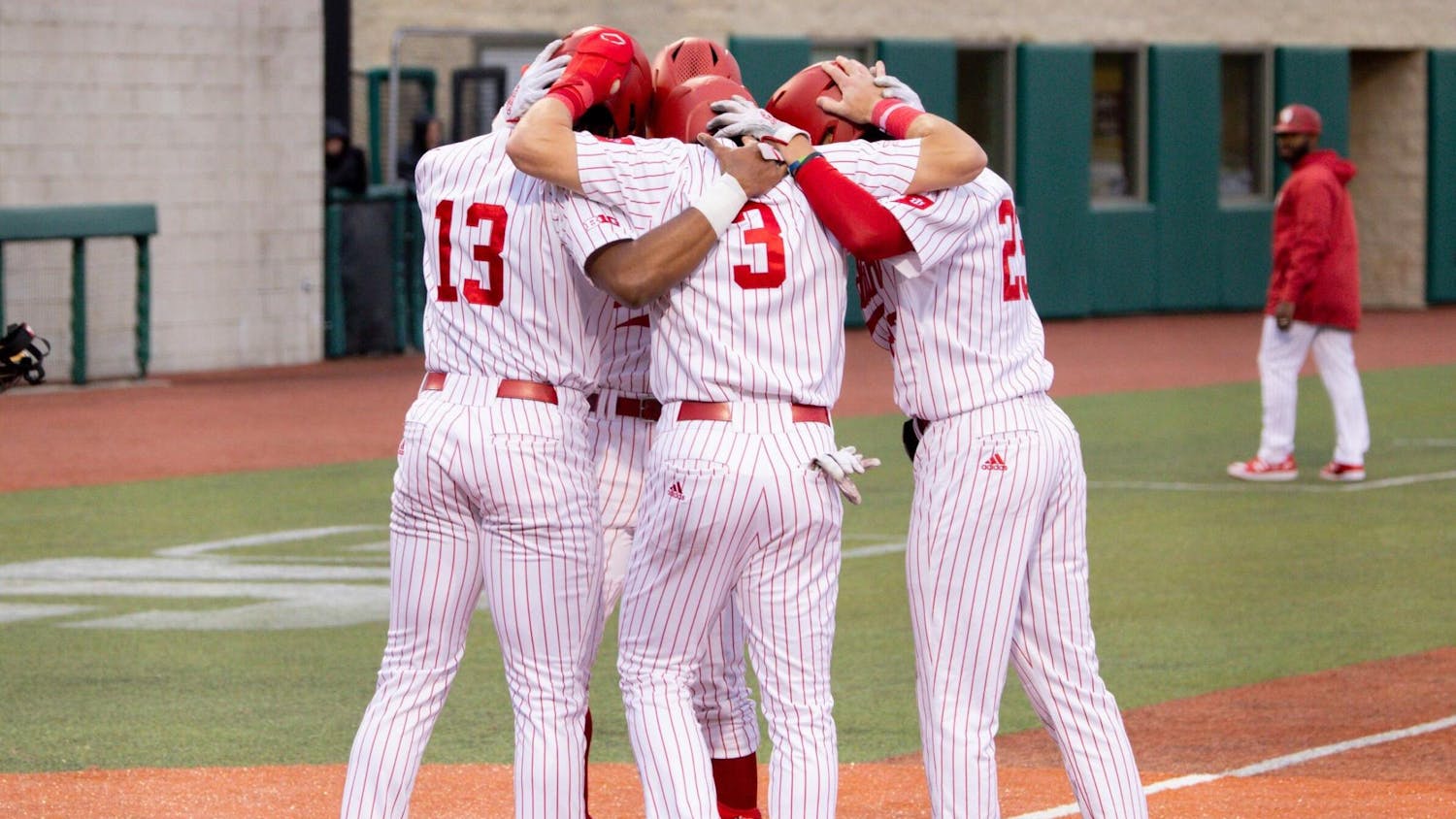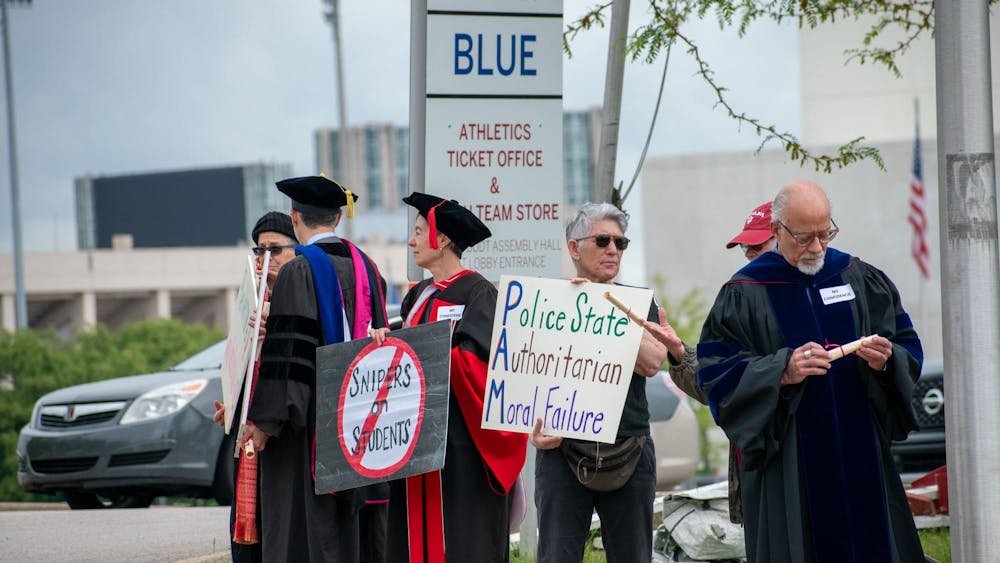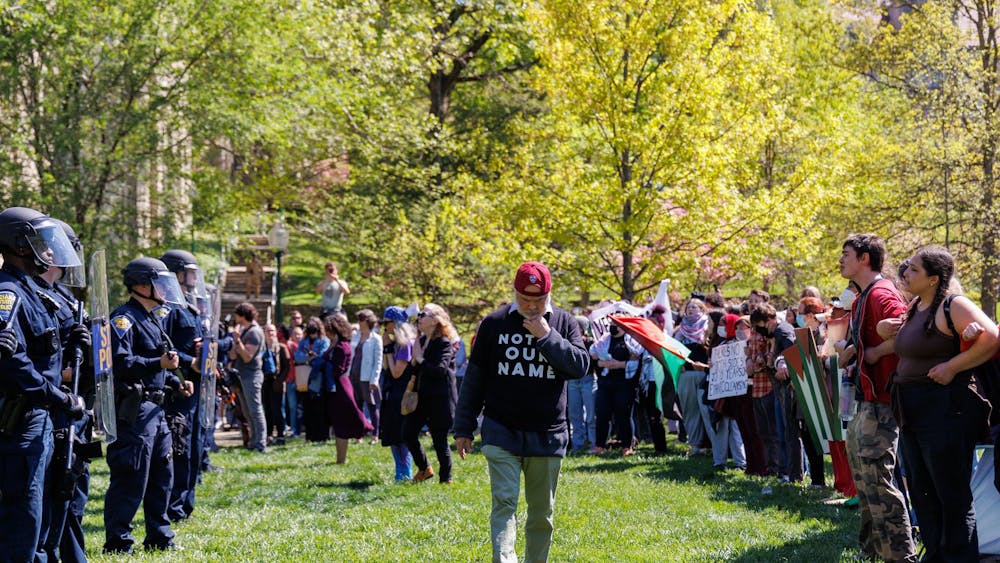When the Latino Studies Program moved to Ballantine Hall, associate professor Sylvia Martínez said they found derogatory messages scrawled in the halls.
Martínez said anonymous voices expressed their concerns about the program’s professors and members. The notes claimed the Latino members of the population would not keep the bathrooms and halls sanitary.
“How do we make sure that my faculty and my staff feel welcome?” Martínez said. “How do we make this a great place, a more inclusive place?”
Martínez was one of five members of the second Hot Topics discussion panel, organized by the Provost’s office. Panelists discussed immigration, identity and inclusion of multiple minority groups on a University and national level.
“What characterizes a hot topic is a topic that throws off a lot of heat,” IU Provost Lauren Robel said. “Our goal is to throw a little bit of light onto that heat and do it in the way that universities do it best.”
Associate Professor of Sociology Dina Okamoto said the recent rhetoric surrounding the immigrant population, especially from current presidential election candidates, has been toxic and not backed by factual evidence.
Okamoto said sociological research has shown immigrants are integrating into American society at a similar pace as European immigrants did at the turn of the century.
Immigrants are also not a threat to job security, Okamoto said. She said foreign-born United States residents are primarily competing with overseas workers, whose jobs were outsourced by American corporations to meet demand for high skills.
“Immigrants are coming to the U.S. to live here, to work here, to build communities,” Okamoto said. “They aren’t that different from us.”
Moderators Kevin Brown, professor of law, and Sandra Shapshay, associate professor of philosophy and director of Political and Civic Engagement Program, asked panelists several questions before opening the floor for the audience to speak.
Panelist Hemayatullah Shahrani, executive committee member of the Islamic Center of Bloomington, said his experiences as an immigrant and as a Muslim-American are not isolated. He said several members of the Bloomington Muslim community have felt discomfort and exclusion.
Shahrani said he has spoken to several Muslim women, several of whom wear hijabs, who no longer use campus services out of fear of being discriminated against.
“We have members of the community who have been attacked, as well as people who have stopped going to the recreation center to work out because of the way people look at them,” Shahrani said.
Shahrani said these situations happen across multiple groups at a local level, and the only way to solve the issue is for there to be a unified movement of understanding.
“When you get to know the people that are affected, it really changes one’s perspectives, and I think that’s really important,” Shahrani said.
Ishan Ashutosh, assistant professor of geography, and Sam Museus, associate professor in the School of Education, also spoke about the realities immigrants face, and how institutional change is necessary to solve the problems within education systems.
After the panel concluded, the audience divided into smaller session groups to discuss the problems and stigmas surrounding immigration and inclusion.
“Movement is a fact of life,” Ashutosh said. “We all move. Our lives, in fact, are more defined by movement than by staying in place.”





